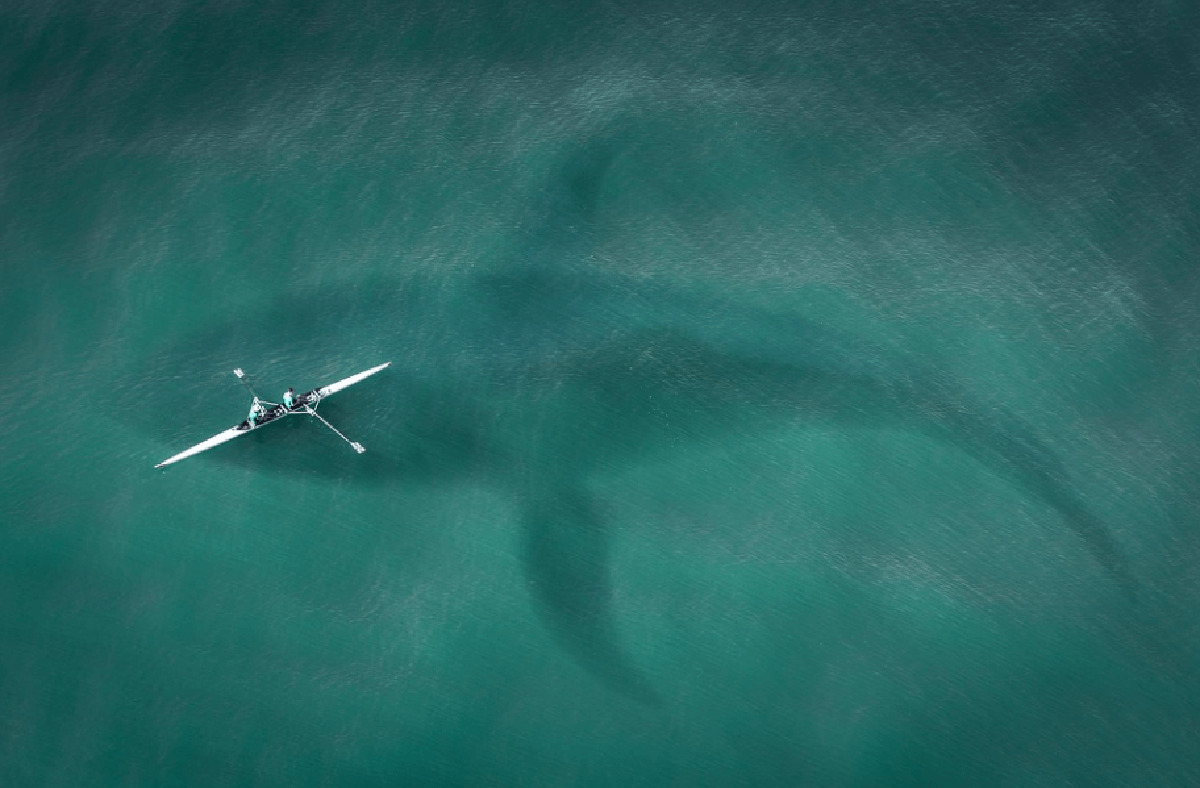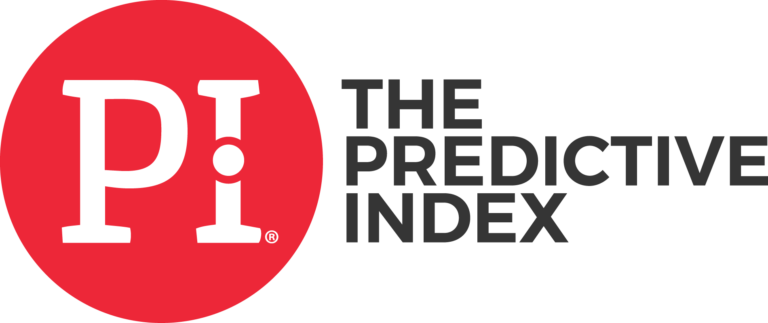CTA popup form
Sed ut perspiciatis unde omnis iste natus error sit voluptatem accusantium doloremque laudantium
"*" indicates required fields
A leadership journey like no other - join the Heartwired Evolution here.
Sed ut perspiciatis unde omnis iste natus error sit voluptatem accusantium doloremque laudantium
"*" indicates required fields
There’s this need for balance between being observant, “scanning” if you like, while looking to the horizon. If you only look at the sand at your feet, you’ll miss the whales.

It was just a subtle glimpse of movement, but it caught her eye. She held her breath. Could it be?
With her awareness now sharpened, she kept vigilantly scanning the scene in front of her, waiting…willing there to be a reappearance of what she thought she’d seen: the blow of seafoam and air that marked the passage of whales.
Yes! There it was again. A spout exploded from the surface of the sea, followed by a lazy fin as the whale rolled and played several hundred metres out from shore.
“What a breath-taking way to start the day,” she thought, as a smile lit her face.
Still watching, as the whales punctuated their journey south with tufts of breath, she spoke to the man leaving the beach with his dog. “Do you often get whales down here?” she asked.
The man looked around, confused. He’d walked the length of the beach and back but hadn’t seen the pod of whales at all. Scanning the horizon now, he saw the spouts and agreed that whales were pretty common at this time of year, heading both south and north.
His response made her shake her head. She immediately drew a parallel to the lack of awareness some of her clients showed and wondered what made business leaders prone to getting so involved in the day-to-day business activity that they failed to see what was around them – even when it was bloody whale-sized!
Her mind started racing over the things that could so easily be missed when awareness was dulled down: growth opportunities, poor behaviour from staff, customer satisfaction, cash flow, budgets, the business climate, competitor activity…any one of which could change the health of the business in a heartbeat.
Awareness – it’s a crucial skill for a business leader, but one that gets pushed aside…because we think we’ve got bigger things to concentrate on. Yet if you only see what’s in front of your face, you can’t see what’s waiting around the corner…you can’t see the precipice until you’re upon it.
Many business leaders fall short when it comes to strategic thinking (or seeing and imagining the bigger picture) because their preference (and their innate need) is to delve into the detail and day-to-day minutiae.
By the same token, those leaders who are big picture people often glaze over when there’s too much detail and choose to leave the operational stuff to others. But in so doing they sometimes pass over way too much control of important things to people who don’t share the same level of care.
We can all flex to adjust to the demands of work, but we can’t sustain a high level of productivity in work that is not our natural strength. Doing so drains our energy.
Flexing into some aspects of work is easier than others. It’s all about awareness…and developing strategies to meet the demands of work that do not fall in your sweet spot.
You can’t afford to simply abdicate responsibility for things you don’t like, just because you don’t like them. That’s avoiding, not delegating!
Now, I’m not saying that you need to keep doing the things that you hate or are no good at BUT…you must at least know how to do them at a basic level, so that you know what to look for and what to expect in the way of outcomes.
If you know you are better at detail stuff, be aware that your gap is the big picture strategic stuff. Find someone better suited (either within or without the organisation) for whom this is a passion, or at least a really natural fit. Find the person with that natural talent…and put them to good use. It’s not only you who will benefit – they’ll feel like they just tapped into the biggest source of joy in their career to date!
If you know that someone else would be better suited to doing all that detail that drains your energy, set up a structured delegation process where you receive regular summary reports about those things. Again, they will love it, because it feels less like work for them, and you’ll be able to keep your eye on things to make sure you’re not being duped, embezzled or taken for a ride. However, there is just one disclaimer with this strategy: you actually read and can understand what these people are producing!
Because, believe me, when the Tax Department comes looking for the person who failed to keep up to date with employee superannuation, they won’t be targeting the employee you delegated that job to. They’ll be holding you responsible.
And when that new “strategic” foray into a new and emerging market bombs, you can’t tell the Board it was all someone else’s idea.
So there’s this need for balance between being observant, “scanning” if you like, while looking to the horizon. It’s a balance between using your eyes and natural talents while leveraging others’ eyes and talents.
If you only look at the sand at your feet, you’ll miss the whales. And if you watch only the whales, you’ll step in the dog crap that some careless dog owner didn’t bother to pick up!
It’s time to open your eyes and observe. Become aware of what’s around you and what you naturally tend to lean towards. In that space, you’ll find your gaps, and you’ll find the answers to bridging those gaps.
We use human analytics to map a person’s natural strengths and help them identify and understand their gaps. If you’d like a data-driven “map” of your strengths and blind spots, I invite you to take our short assessment right now. It’ll only take you 5-6 minutes, but the insight it’ll provide will blow you away!
Try The Predictive Index for free – take assessment
Take the free Predictive Index behavioural assessment to gain insight into your personal drives, needs and behaviours
